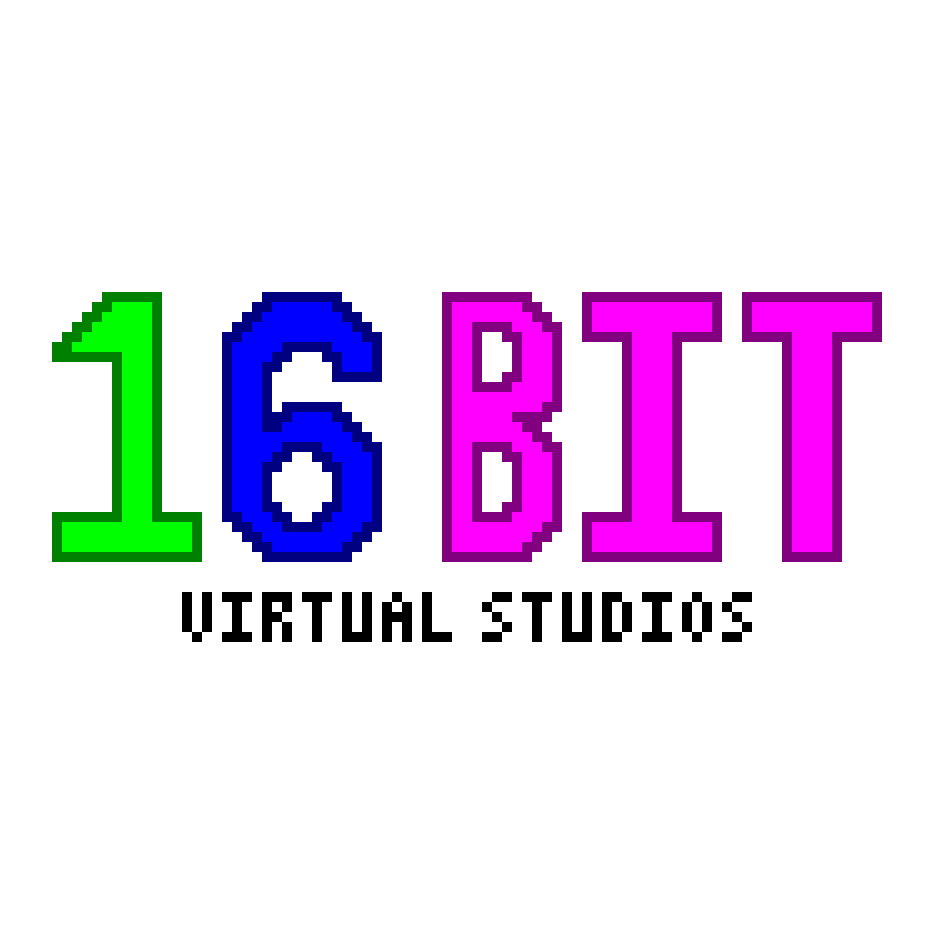Windows has been a thorn in my side for years. But ever since I started moved to Linux on my Laptop and swapping my professional software to a cross platform alternative, I’ve been dreaming on removing it from my SSD.
And as soon as I finish my last few projects, I can transition. (I want to do it now).
Trouble is which I danced my way across multiple amazing distros, I can’t decide which one to land on since the one software I want to test, Davinci Resolve doesn’t work on my Intel Powered Laptop. (curse you intel implementation of OpenCL).
So the opinions of those of you who’ve used Davinci Resolve, Unity/Godot, and/or FreeCAD. I want it to be stable with minimal down time on hardware with a AMD Ryzen 5 1600x and a RTX 3050. Here’s the OS’s I am looking at.
CentOS (alt Fedora)
- Pro: Recommended by Davinci Resolve for the OS, has good package manager GUI that separates Applications and System Software (DNF Dragon), Good support for multiple Desktop Environments I like. Game Support is excellent and about a few months behind arch.
- Con: When I last installed Fedora my OS Drives BTFS file system died a horrific and brutal death, losing all of my data. Can’t have that. And I personally do not like DNF and how slow it makes updating and browsing packages.
Debain (alt Linux Mint DE)
-
Pro: The most stable OS I’ve used, with a wide range of software support both officially in the distros package manager, or from developers own website. I am most familiar with this OS and APT
-
Cons: Ancient packages which may cause issues with Davinci Resolve and Video Games. An over reliance on the terminal to fix simple problems (though this can be said for most linux distros). I personally don’t like APT and how it manages the software.
EndevourOS (alt Manjaro)
-
Pro: The most up to date OS, great for games with the AUR giving support for a lot of software which isn’t available on other distros.
-
Cons: Manjaro has died on me once, and is a hassle to setup right and keep up. EndevourOS has no Package Manager GUI, and is over reliant on the Terminal. Can’t use pacman in a terminal the commands are confusing.
OpenSUSE Tumbleweed
-
Pro: Like Fedora but doesn’t use DNF, good game support
-
Cons: Software isn’t as well supported.
Edit: from the sounds of thing, and the advice from everyone. I think what I’ll do is an install order while testing distros (either in distro box or on a spare ssd) in the following order.
Debain/Mint DE -> OpenSUSE -> EndevourOS -> CentOS
This list is mostly due to stability and support for nvidia drivers.


Choice of distro isn’t as important anymore as it used to be in the past. There’s containerization and distro-independent packaging like Flatpak or AppImage. Also, most somewhat popular distors can be made to run anything, even things packaged for other distros. Sure, you can make things easier for yourself choosing the right distro for the right use case, but that’s unfortunately a process you need to go through yourself.
Generally, there’s 3 main “lines” of popular Linux distros: RedHat/SuSE (counting them together because they use the same packaging format RPM), Debian/Ubuntu, and Arch. Fedora and OpenSuSE are derived from RedHat and SuSE respectively, Ubuntu is derived from Debian but also stands on its own feet nowadays (although both will always be very similar), Mint and Pop!OS are both derived from Ubuntu so will always be similar to Ubuntu and Debian as well), and Endeavour is derived from Arch.
I’d recommend using Fedora if you don’t like to tinker much, otherwise use Arch or Debian. You can’t go wrong with any of those three, they’ve been around forever and they are rock solid with either strong community backing or both strong community and company backing in the case of Fedora. Debian is, depending on edition, less up to date than the other two, but still a rock solid distro that can be made more current by using either the testing or unstable edition and/or by installing backports and community-made up to date packages. It’s more work to keep it updated of course. Don’t be misled by Debian’s labels - Debian testing at least is as stable as any other distro.
Ubuntu is decent, just suffers from some questionable Canonical decisions which make it less popular among veterans. Still a great alternative to Debian, if you’re hesitant about Debian because of its software version issues, but still want something very much alike Debian. It’s more current than Debian, but not as current as a rolling or semi-rolling release distro such as Arch or Fedora.
OpenSuSE is probably similar in spirit and background to Fedora, but less popular overall, and that’s a minus because you’ll find less distro-specific help for it then. Still maybe a “hidden gem” - whenever I read about it, it’s always positive.
Endeavour is an alternative to Arch, if pure Arch is too “hard” or too much work. It’s probably the best “Easy Arch-based” distro out of all of them. Not counting some niche stuff like Arco etc.
Mint is generally also very solid and very easy, like Ubuntu, but probably better. If you want to go the Ubuntu route but don’t like Ubuntu that much, check out Mint. It’s one of the best newbie-friendly distros because it’s very easy to use and has GUI programs for everything.
Pop!OS is another Ubuntu/Mint-like alternative, very current as well.
For gaming and new-ish hardware support, I’d say Arch, Fedora or Pop!OS (and more generally, rolling / semi-rolling release distros) are best suited.
Well that’s about it for the most popular distros.